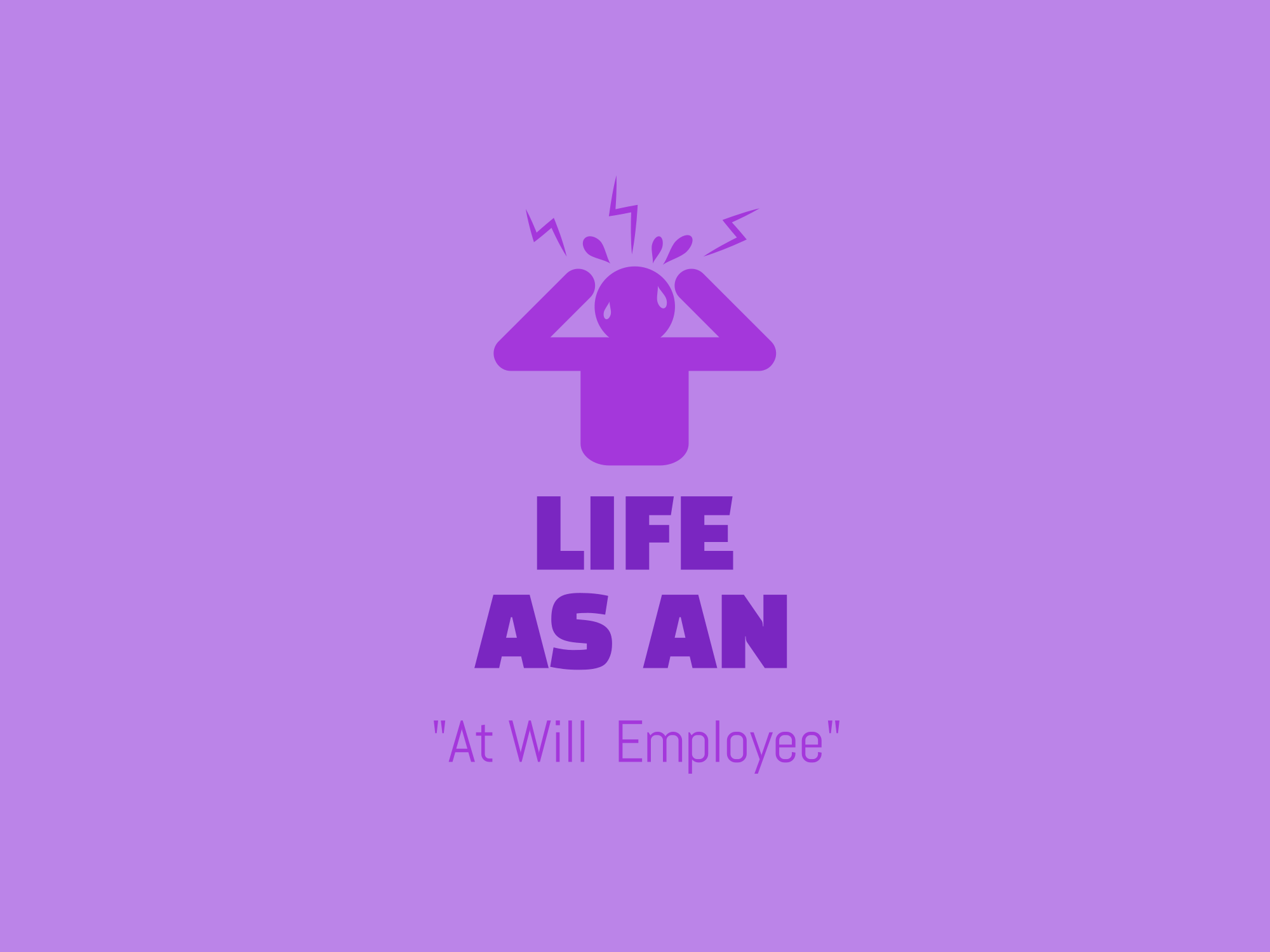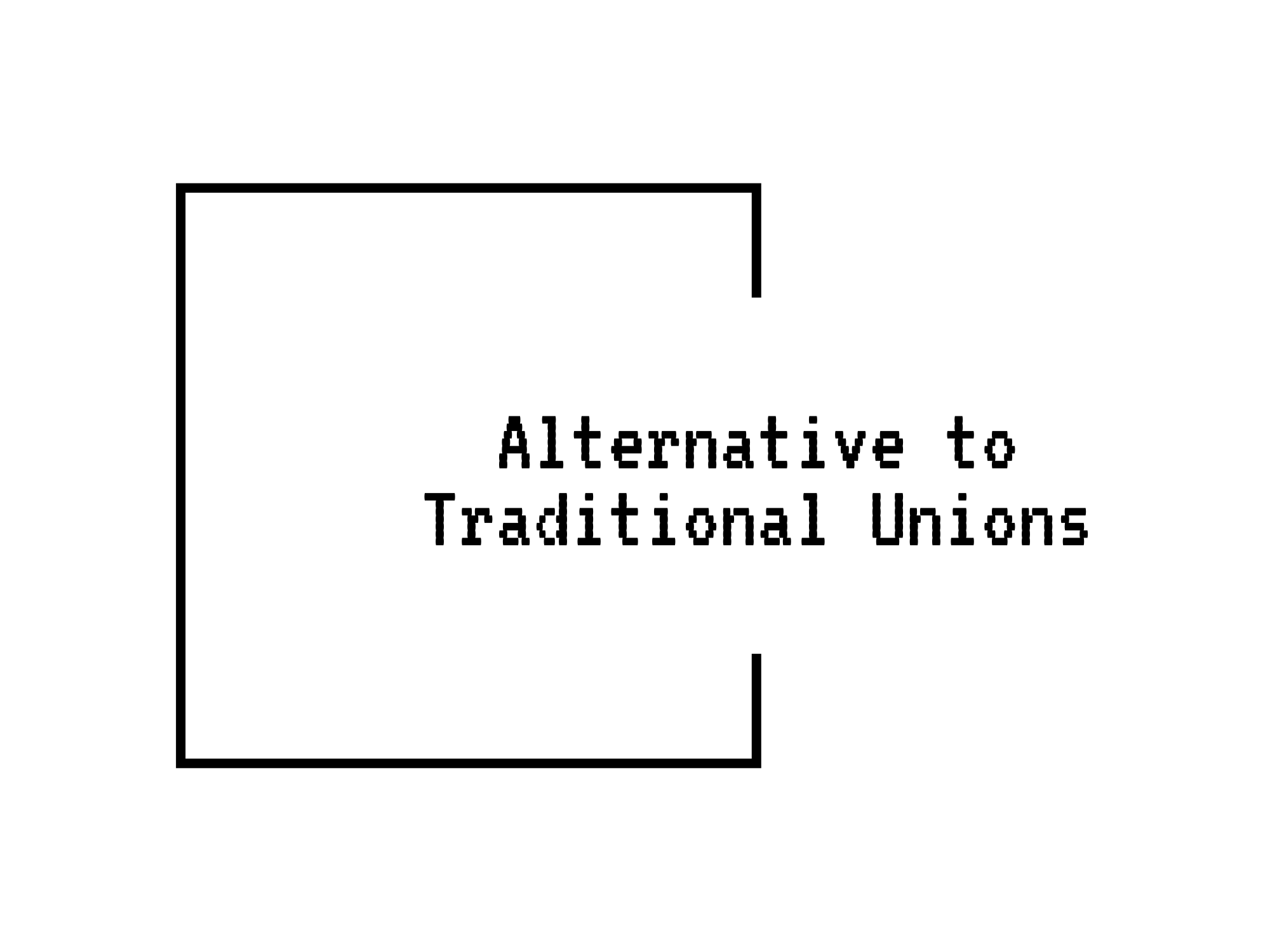Labor Relations
In An Ever Changing World
Without Labor Union Human Resources Calls The Shots
As unions lose power, human resources have taken their place in managing labor relations. Companies now focus more on employee engagement and development rather than union negotiations. This shift emphasizes individual worker needs and organizational goals. HR departments handle issues like hiring, training, and workplace culture directly. The decline of unions leads to more direct communication between employees and management. This change can simplify processes but may also leave some workers feeling unsupported. The landscape of work is changing, and HR is at the forefront of this transition.




Without Labor Unions
The Middle Class Is Likely To Disappear

The American middle class is shrinking as labor unions lose power. Unions have traditionally helped workers secure better wages and benefits. Without strong unions, many jobs pay less, and job security fades. Workers struggle to keep up with rising costs. This decline in union strength directly affects the middle class’s ability to thrive. As wages stagnate and benefits decrease, financial stability becomes harder for many families. The shrinking middle class reflects a broader issue in the economy, where fewer people can move into a secure, middle-income lifestyle.
“When people ask, ‘Why should the rich pay a larger percent of their income than middle-income people?’ My answer is not an answer most people get: It’s because their power developed from laws that enriched them.”
– Ralph Nader
“Let’s restore sanity and fairness to the tax cut conversation. We simply cannot afford to hand over the bank vault to our nation’s millionaires and billionaires while the middle class picks up spare change.”
– Paul Tonko
“We don’t use the term ‘working class’ here because it’s a taboo term. You’re supposed to say ‘middle class,’ because it helps diminish the understanding that there’s a class war going on.”
– Noam Chomsky
